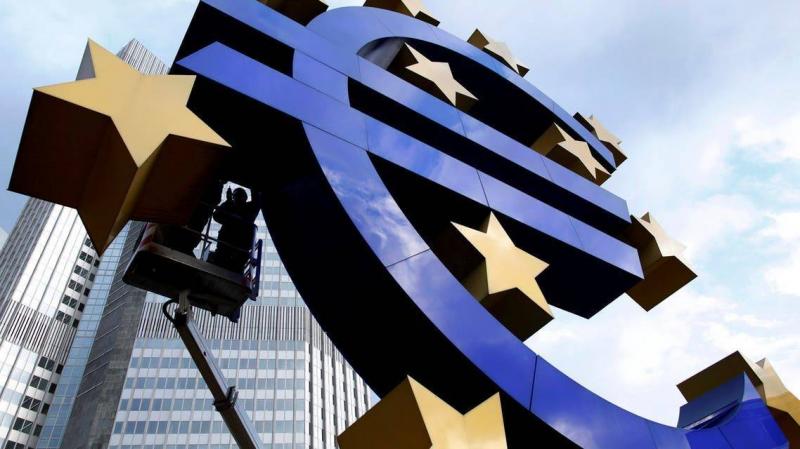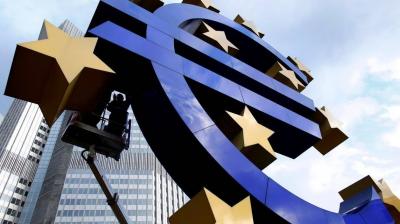Under the title "Inflation in the Euro Area Raises Concerns: Unprecedented Levels in 13 Years," the Al Arabiya website reported that inflation has accelerated in the Euro area more than expected, reaching its highest level in 13 years, which has intensified the debate over how long the rise will continue following the crisis. Consumer prices increased by 3.4% in September, compared to estimates of 3.3%, according to figures released by Eurostat on Friday. The rate excluding volatile components like food and energy jumped to 1.9%, a level not seen since 2008.
The growth in prices is primarily driven by pandemic-related effects and the reopening of economies after long periods of virus-induced closures. The European Central Bank expects inflation to peak later this year before slowing down in 2022. However, supply chain bottlenecks in manufacturing are already lasting longer than many initially expected, and surveys show that companies are increasingly trying to pass on costs to customers to protect profit margins.
On the other hand, the deep energy crisis is increasing pressures, with energy prices rising by 1.3% in September and more than 17% compared to the previous year. Prices of non-energy industrial goods rose by 2.3% compared to August. This week, European Central Bank President Christine Lagarde reiterated that she considers the current increases "largely temporary," warning against overreacting and tightening monetary policy too soon. Some of her colleagues expressed concerns that official forecasts could prove too low, although most still expect inflation growth to slow down eventually.
German figures released on Thursday showed that the inflation rate reached 4.1%, the highest in nearly three decades. While this is mainly driven by statistical effects, the German central bank sees the rate remaining above the European Central Bank's target of 2% until the middle of next year. A key factor that could entrench such high rates for a longer period is rising wages, which in turn risks causing further price increases. Irish Central Bank Governor Gabriel Makhlouf stated on Bloomberg TV this week that this is something the European Central Bank needs to be aware of and prepared to respond to if it occurs.




